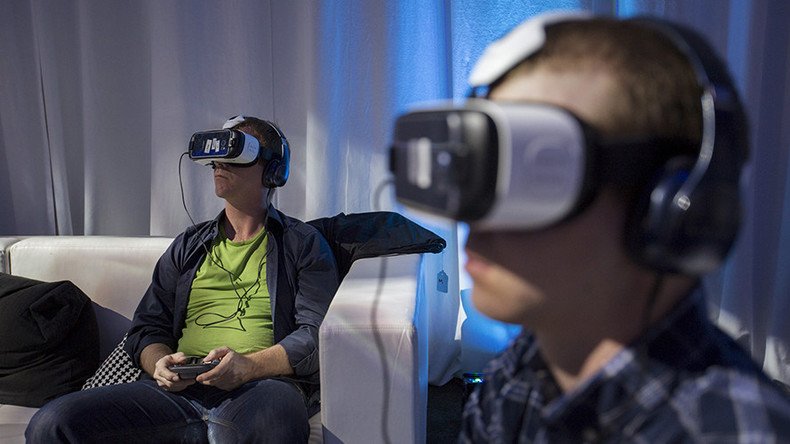New VR game first step in combating global dementia scourge – researchers (VIDEOS)

Neuroscientists, cognitive psychologists, game developers and a telecommunications giant are joining forces using virtual reality to tackle growing levels of dementia, which affects 47 million people globally.
“What we really want to be able to do is diagnose people 15 to 20 years earlier than we are currently,” said David Reynolds, chief science officer of Alzheimer’s Research UK, who worked with Deutsche Telekom on the Sea Hero Quest virtual reality video game project.
Join the largest dementia study of its kind with Sea Hero Quest, now available in virtual reality https://t.co/FroXoT8V1e#GameForGoodpic.twitter.com/iz2sXm0jfm
— AlzheimersResearchUK (@ARUKnews) August 29, 2017
Described by its designers as, "More than a game, A quest to save the human brain," the free-to-download application was released Tuesday for Samsung's Gear VR Headset and Facebook's Oculus Rift.
The previous version of the game, released last year, has already been played by 3 million people for more than 80 years in total.
The VR game collects anonymized data on player actions as well as where they look in-game and for how long. Players can also choose to provide more detailed personal data such as their age, gender and location.
The data will be stored on Deutsche Telekom's servers in Germany and provided to the team of neuroscientists and cognitive psychologists to gain a better understanding of how humans develop spatial awareness and navigate new environments.
The researchers’ contention is that subtle erosion of these specific faculties, and the neurons which control them, could be the canary in the coalmine in the onset of dementia and could eventually lead to new tests which would catch cognitive decline and impairment in humans much earlier.
Cheers to good health? 'Heavy drinkers more likely to live to 85 without dementia' - study https://t.co/1XMCAnhRbYpic.twitter.com/0WfaMl0RqO
— RT (@RT_com) August 3, 2017
At present, 47 million people live with dementia around the world, though this number is expected to reach "75 million in 2030 and almost triple by 2050 to 132 million" reports the World Health Organization. There is a new case of dementia in the world every three seconds.
Game designers Glitchers worked with researchers from British and Swiss Universities alongside dementia and Alzheimer's charities, with funding from Deutsche Telekom AG to develop Sea Hero Quest VR.
Researchers mapped over 30 mil US neighborhoods' socioeconomic data & analyzed it against info on #Alzheimers. https://t.co/xYKam3lnL7
— RT America (@RT_America) July 17, 2017
Researchers also found that women and men naturally navigated the game in different ways: men typically rely on landmarks and external environmental cues while women are more likely to use an internal map in their mind and employ an intuitive sense of direction to help them navigate.











